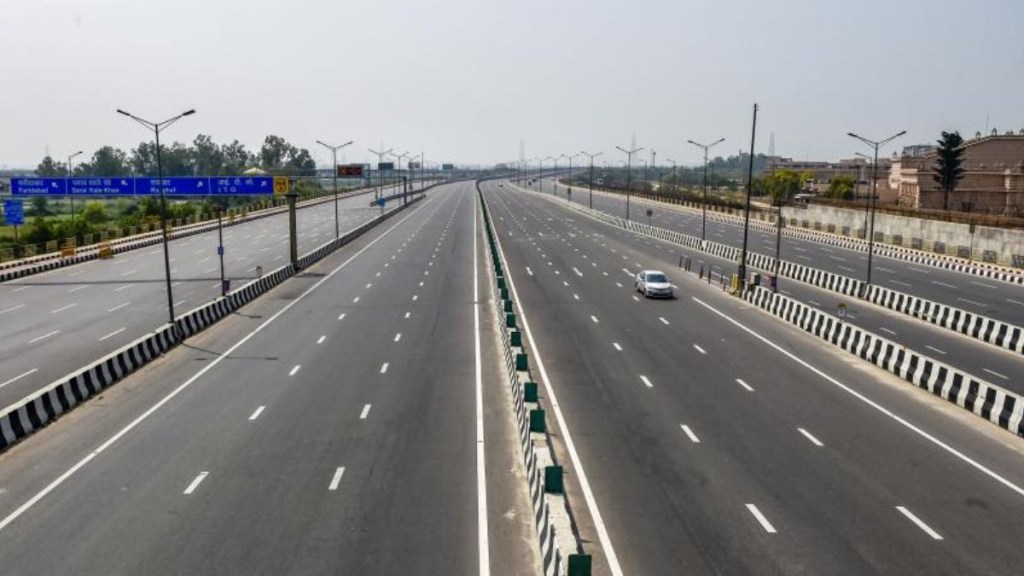The Coalition for Disaster Resilient Infrastructure (CDRI) has recently recognized 11 projects spanning 13 Small Island Developing States (SIDS), as part of their unwavering commitment to bolster the resilience of infrastructure systems in the face of disasters and climate impacts. These projects, sanctioned within the framework of CDRI’s Infrastructure for Resilient Island States (IRIS) initiative, are poised to concentrate on various essential aspects, including the development of a Multi-Hazard Early Warning System, the formulation of a Retrofitting Housing Strategy, the enhancement of Climate-Resilient Transport Infrastructure, and the experimental implementation of a Disaster Risk Insurance Scheme, among other significant endeavours.
The formal announcement of the awarded projects took place during CDRI’s inaugural regional conference, ICDRI Americas. This milestone event transpired in collaboration with the U.S. Agency for International Development (USAID) and Miyamoto International, within the distinguished environs of Washington, D.C.
The inception of IRIS and the call for project proposals were set in motion at COP27, Egypt, last year. The announcement was made jointly by the Environment Ministers of India and Mauritius, in concert with the Minister of Economic Growth and Job Creation of Jamaica. In response, CDRI received a total of 50 Expressions of Interest (EOIs) from 28 different SIDS. Following a rigorous selection process, 11 projects were ultimately chosen, spanning across 13 SIDS. It is within this context that CDRI commits to providing technical and financial support, partaking in its overarching mission to deliver robust solutions for climate adaptation and resilience, a mission of profound significance for these vulnerable and exposed island nations.
Kamal Kishore, Member & Head of NDMA and Co-chair Executive Committee of CDRI, expressed, “IRIS was launched to work with Small Island Developing States (SIDS) in making their infrastructure systems resilient. This is the beginning to turn the ideas to action on the ground and make a difference to the people in the Small Island Nations who are already facing the brunt of climate change impact. It is ultimately about the people, and if people benefit from the work we do, it is a success.”
Amit Prothi, Director General of CDRI, emphasized, “SIDS are susceptible to very high, relative, economic losses due to disasters with the average annual loss ranging from 1 to 10 percent of their GDP. Resilient infrastructure can play a key role in mitigating these challenges. It is a proud moment for us to award 11 projects across 13 SIDS under the IRIS initiative and accelerate action towards achieving SDGs with resilient, sustainable, and inclusive infrastructure in the small island nations. With concrete initiative on ground, CDRI is committed to continue its work for realizing the ambition that was set out by our Prime Minister and other Prime Ministers at COP26.”
Seppo Nurmi, Chargé d’affaires at the Delegation of the European Union to India, emphasized the critical nature of resilient infrastructure development, especially for countering the impacts of climate change in developing countries, and voiced the EU’s support for CDRI’s commitment towards SIDS. The awarded projects, according to Nurmi, will directly assist SIDS in confronting critical issues surrounding resilient infrastructure.
Alex Ellis, British High Commissioner to India, acknowledged the progress and expressed the UK’s pride in partnering with CDRI and India in their collaborative efforts to bolster countries most vulnerable to climate change, from the initial joint launch at the COP26 climate conference in Glasgow to the present implementation.
Philip Green, Australian High Commissioner to India, underscored Australia’s pride in being a founding member of CDRI and its support for the IRIS initiative, which is dedicated to reinforcing climate and disaster resilience in the Indo-Pacific region. Green also reaffirmed Australia’s commitment to continued collaboration with partners in endeavours that promote quality, sustainable, and resilient infrastructure.
IRIS, a pivotal initiative, was inaugurated at the World Leaders Summit during COP26, with the active participation of esteemed Prime Ministers from India, Australia, the United Kingdom, Fiji, Mauritius, and Jamaica. It stands as a testament to the collective resolve to address the infrastructure needs of Small Island Developing States amidst the challenges posed by climate change and natural disasters.

